Alan Titchmarsh: Why I relish the worst jobs in gardening
Alan Titchmarsh admits that it's not just gardening's most challenging tasks, but also its the mundane chores that 'give me a deep sense of pleasure'.

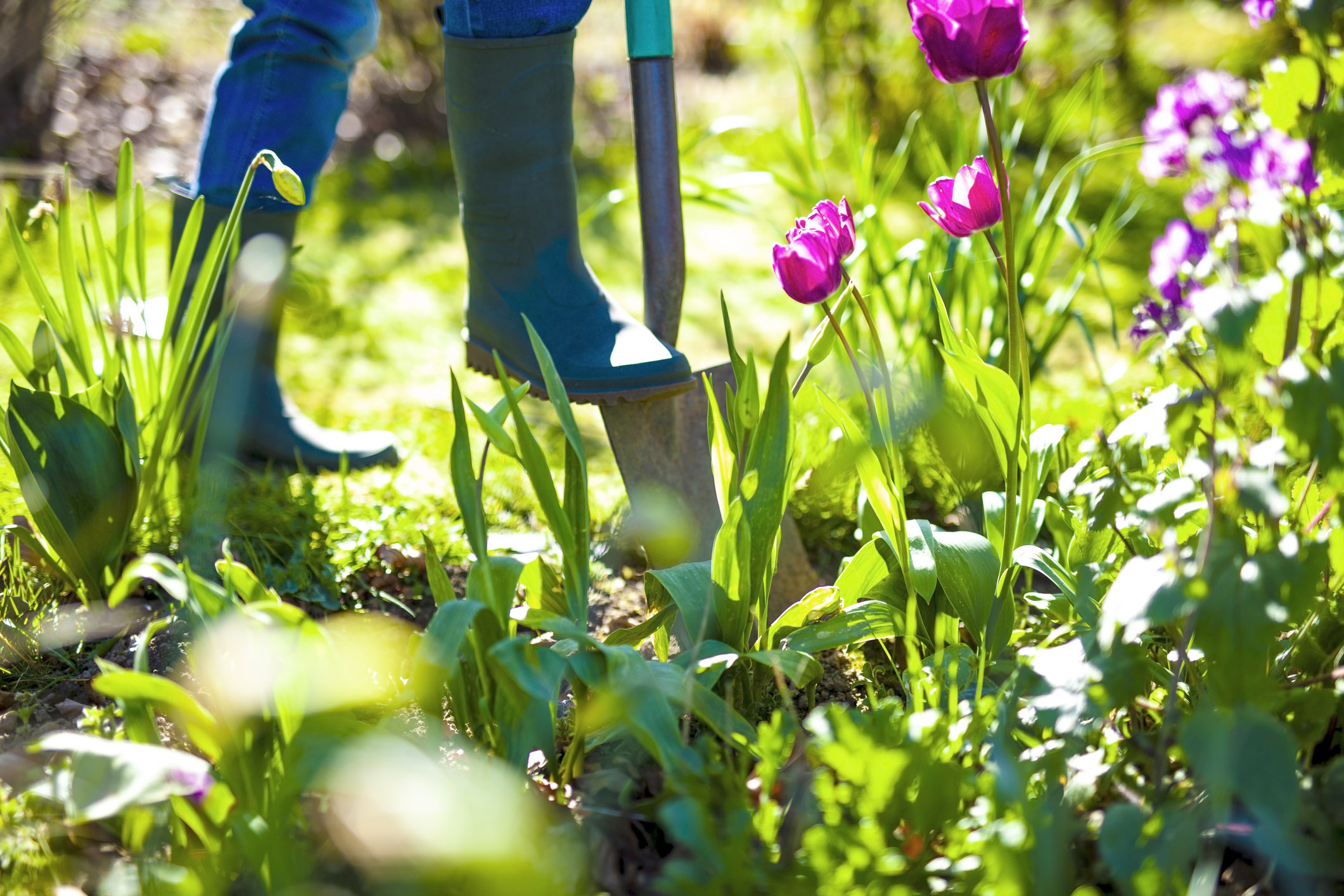
No one would deny that mental agility is a good thing. Almost every week a new survey appears telling me that crosswords, mind games and sudoku will help keep me alert and sentient into my old age. Should I worry about such things? After all, I write and broadcast for a living — two activities which surely contribute to the taxing of my little grey cells and which must be of some consequence in delaying the ageing of my brain. I live in hope…
But what is crystal clear to me is the role played by our gardens in preserving our sanity in these times of social privation. To gaze on a patch of earth as spring begins to unfurl its snowdrop wonders is to be held by a sheet anchor, however turbulent the daily news revelations. Trees tower over us, reminding us of the importance of long-term planning and planting. Bright daffodils and narcissi offer us the spectacle of renewal and reliability.
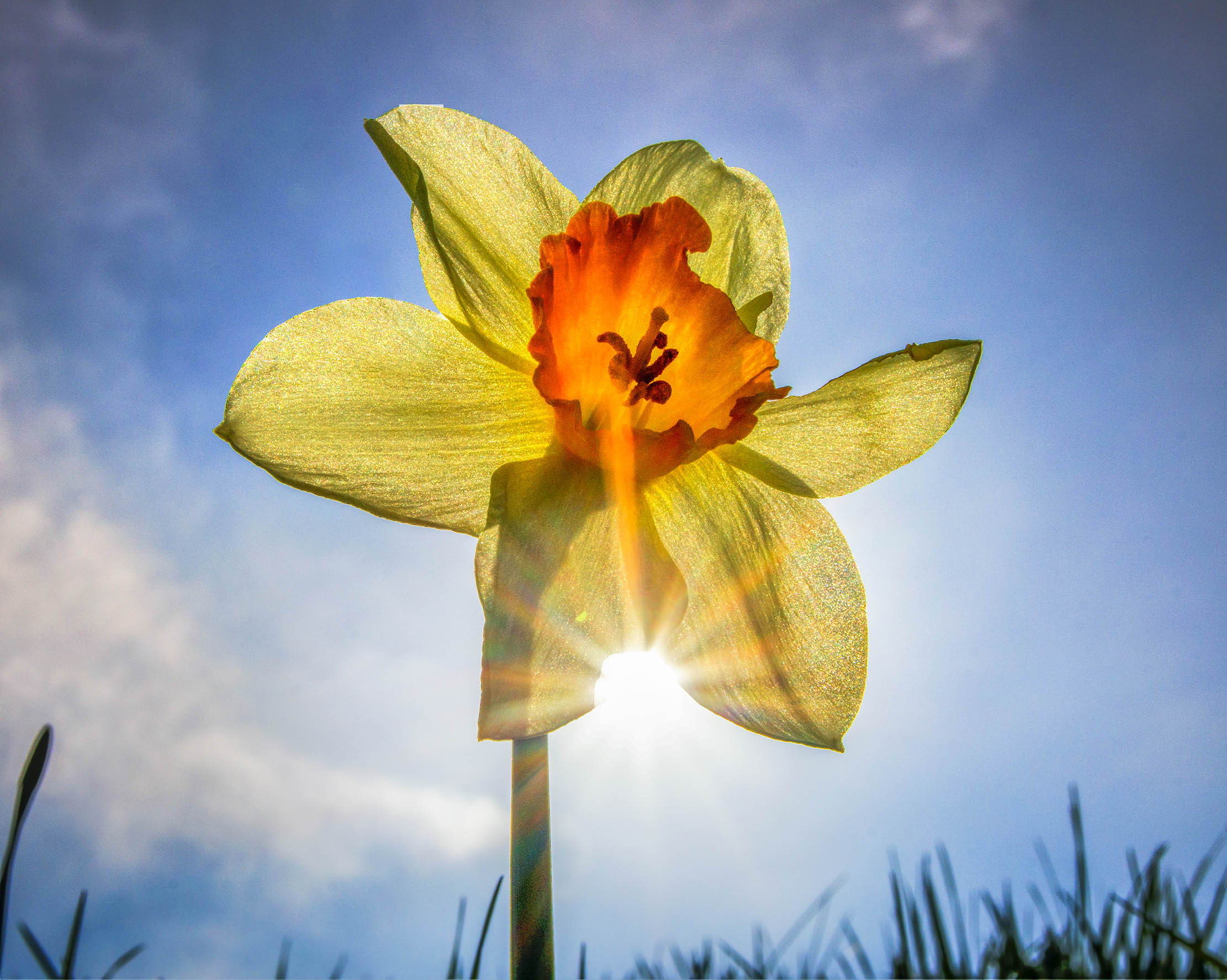
Each month, I endeavour to read the appropriate chapter of John Clare’s The Shepherd’s Calendar and am cheered not simply by the raw delight and sense of place that leaps from the page, but by the fact that, almost 200 years after it was first published, I can feel those same sensations that Clare felt at the changing seasons. Milkmaids may not walk by with their laden yokes any more, but much today is as it was in 1827:
The snow has left the cottage top; The thatch moss grows a brighter green; And eaves in quick succession drop, Where grinning icicles have been.
The imagery in The Shepherd’s Calendar is vivid, as is the reminder of the complications and sophistications of country life today compared with those of previous centuries. I do not pine for damp, unheated cottages, nor for the primitive nature of medicine when compared with the achievements of Pfizer and AstraZeneca, but I do find myself turning to simple gardening tasks for comfort, as well as to the complexities of designing a border or… writing a column for Country Life.
I am happy to admit, that as well as the more challenging tasks, the mundane gardening chores give me a deep sense of pleasure. Pulling dead and rotting chestnut leaves away from the crowns of Lenten hellebores and chopping back their foliage to reveal the nodding flower stems as they push up from damp earth is not a comfortable job, but the result is enormously pleasing, not to say beneficial for the plants’ wellbeing.
"Gardening operations that do not require a great deal of thought are, in themselves, enormously therapeutic. They allow the mind to wander, they free the brain to work gently on problems that can often be solved by unhurried contemplation"
A couple of years ago, I acquired a labelling machine — a hand-held device about the size of one of those supermarket zappers you use when doing your own thing at the checkout. I have never been a fan of white labels in the garden: they stand out too much and can turn a bed or border of cherished hostas (things you really do need to know the names of and will forget unless they are labelled) into something resembling a miniature cemetery. Instead, I use black plastic labels to which are stuck black tape lettered in white with the name of the variety. You can’t see them from a distance, but they are crystal clear close-to and have lasted several years now without coming unstuck.
Sitting at the kitchen table, I am warm and dry as the wind blows and the rain lashes at the window. I tap and click away, peel off the tape and stick it to my T-shaped labels. The following day, I take my fistful of orderliness and push them in where they are needed. My hostas are labelled, my raspberries are labelled, and I have a clutch of labels ready, printed and waiting for the vegetable sowings that will hopefully begin next month.
Exquisite houses, the beauty of Nature, and how to get the most from your life, straight to your inbox.
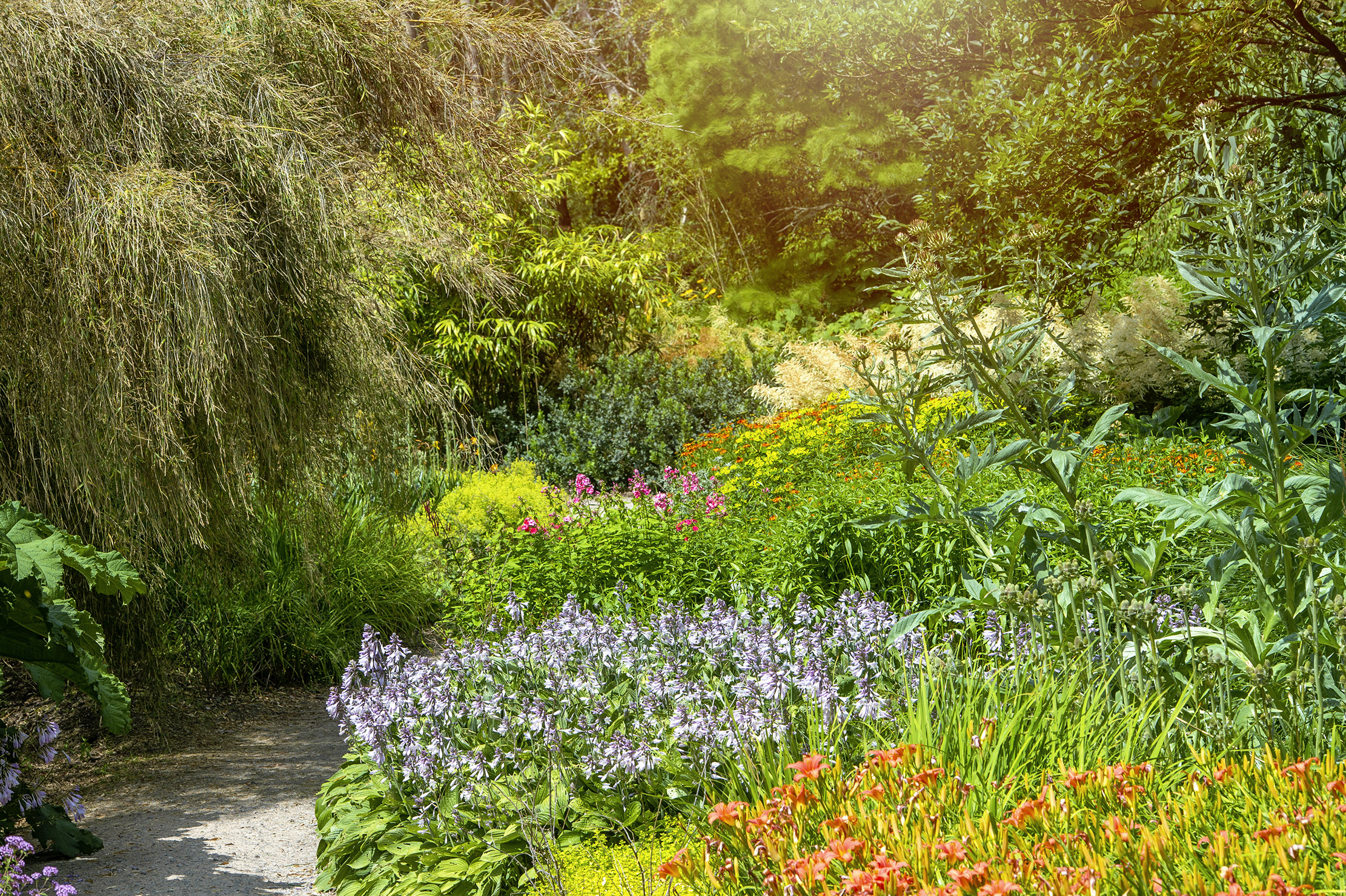
There is pleasure in order, there is delight in being a step ahead before the onrush of spring and there is, should you be of a similar persuasion, satisfaction in the simplicity of the task. Those gardening operations that do not require a great deal of thought are, in themselves, enormously therapeutic. They allow the mind to wander, they free the brain to work gently on problems that can often be solved by unhurried contemplation and they offer a gentle sense of achievement at a job well done.
In a world where academic and intellectual achievement are the be-all and end-all of perceived success, a handful of tasks that require nothing more than modest dexterity and a degree of tenacity should not be underestimated in the battle for sanity.
Marigolds, Myrtle and Moles – a Gardener’s Bedside Book by Alan Titchmarsh is out now.
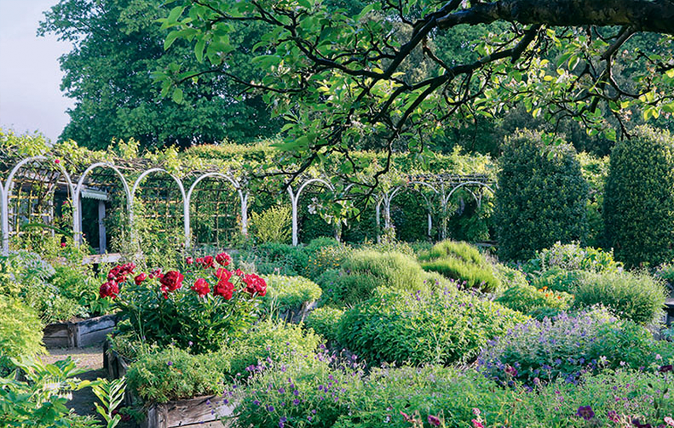
Alan Titchmarsh: The poetic pleasure of plant names
Our gardening expert on the days spent learning the names of some of the most obscure plants in Britain.
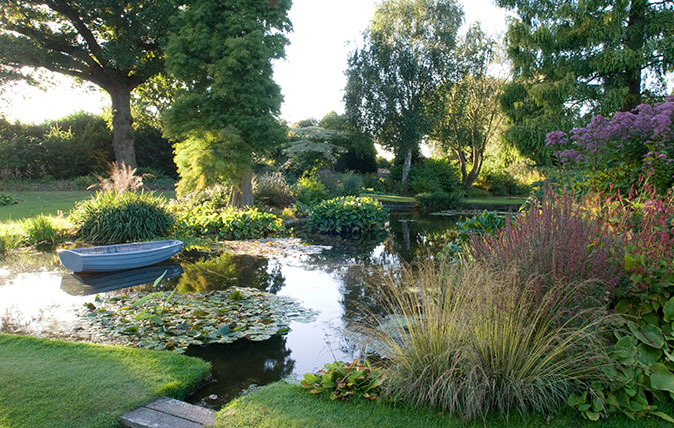
Alan Titchmarsh: How to keep a perfect pond
Alan Titchmarsh says that now is the time to clear out the weeds and keep your pond in top condition
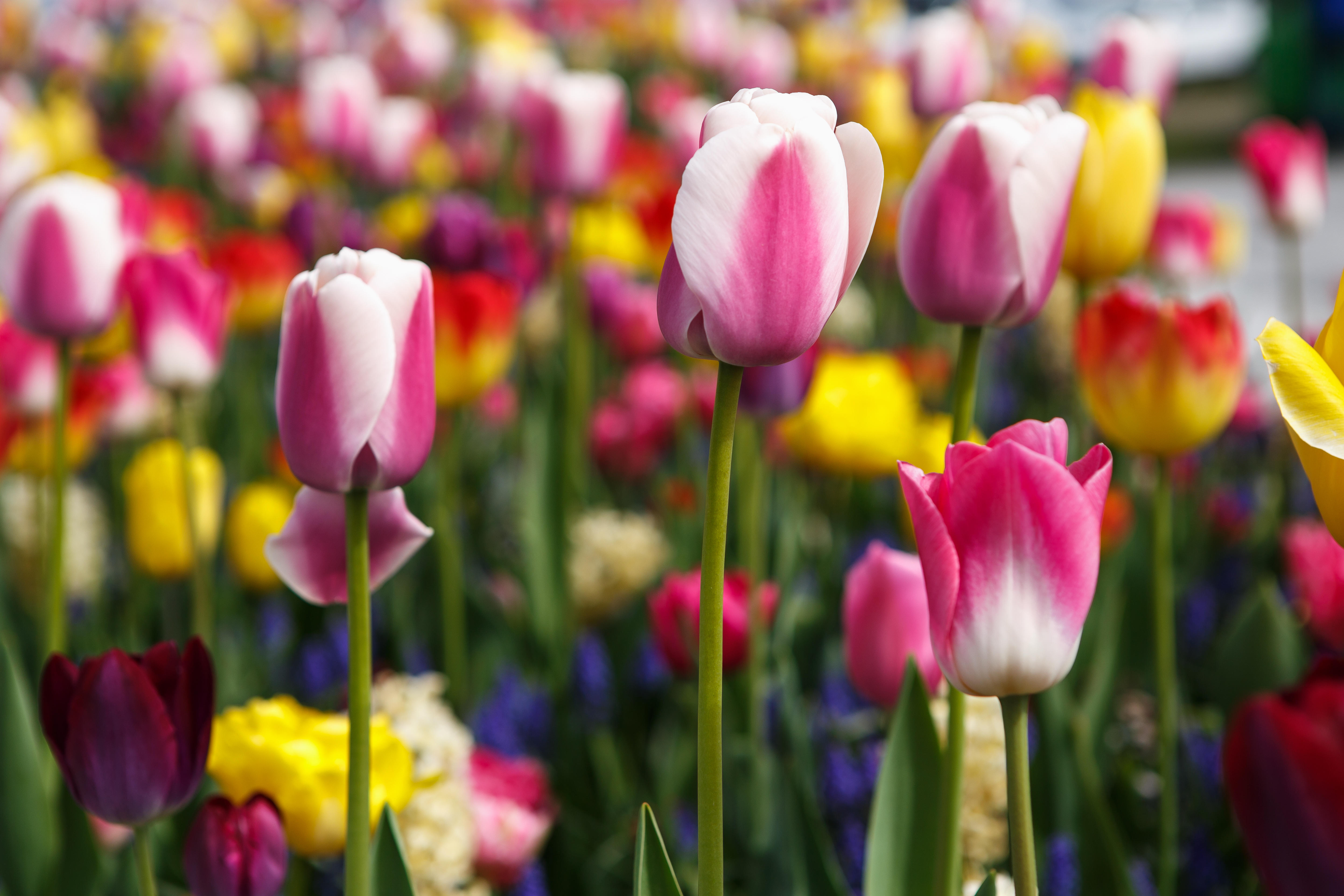
Credit: Alamy
Alan Titchmarsh: The best time of year to plant tulips
Alan Titchmars on planting tulips - and avoiding the grind of removing and storing bulbs every year.
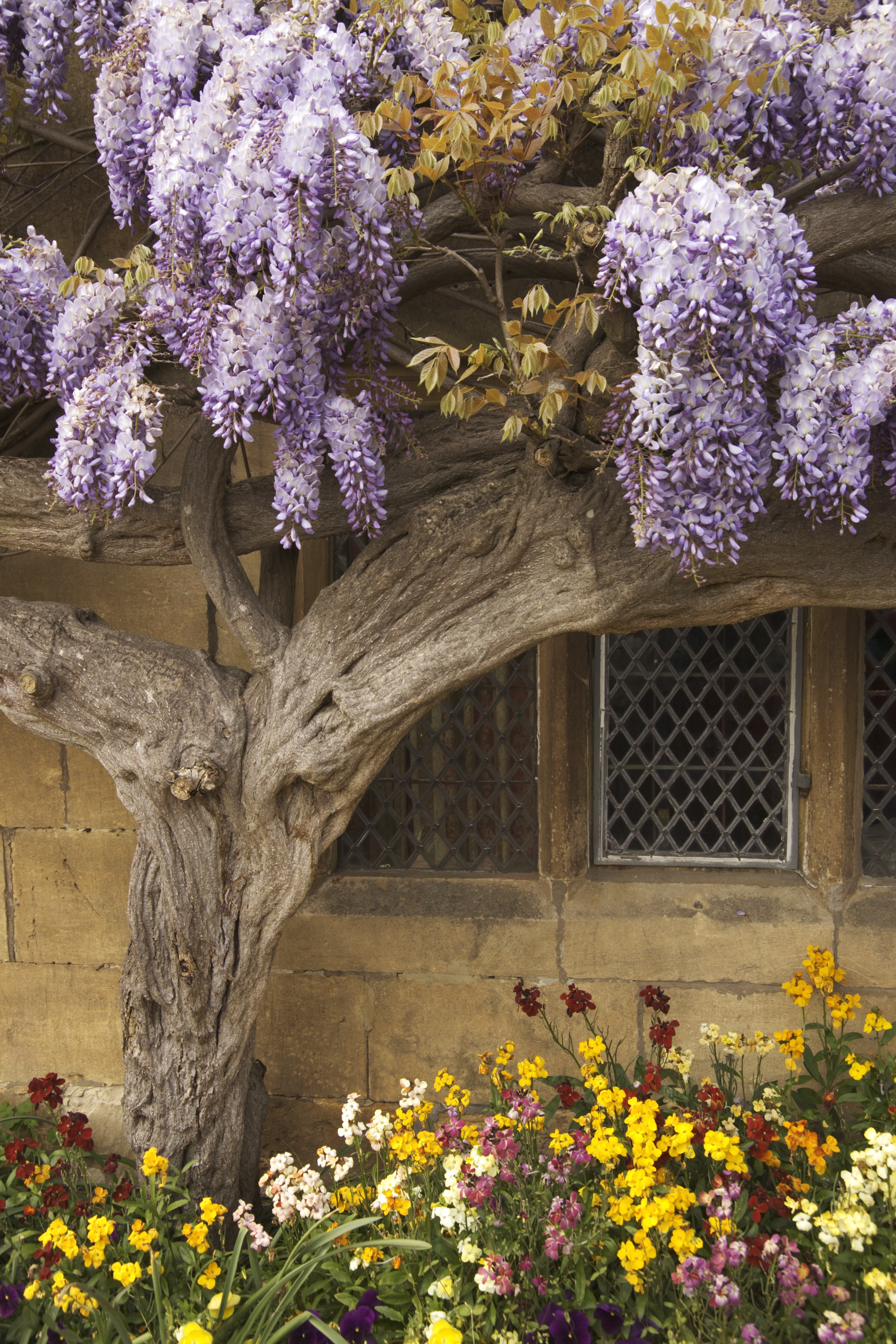
Credit: Getty
Alan Titchmarsh: A foolproof guide to growing wisteria
If you've been enviously eyeing the extraordinary wisteria on display across Britain this summer and wondering how you can grow
Alan Titchmarsh is a gardener, writer, novelist and broadcaster.
